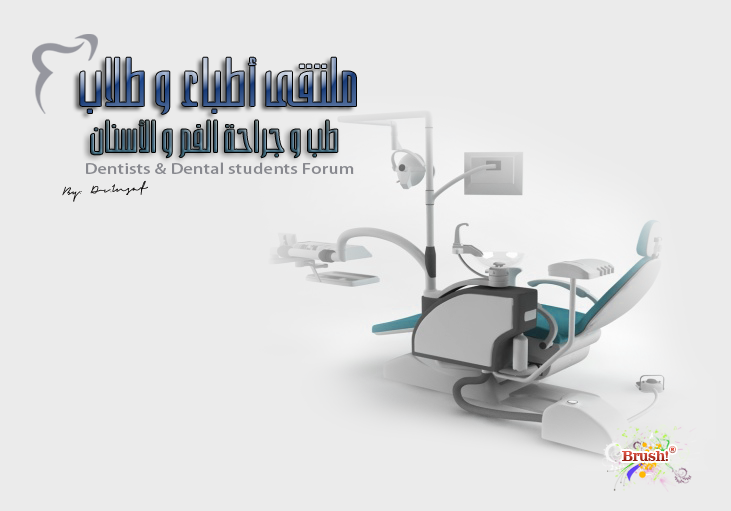Dr.Insaf
المدير العام

 عدد الرسائل : 997 عدد الرسائل : 997
العمر : 41
الموقع : https://www.facebook.com/pages/Brush/187262171338671
المزاج : الحمد لله تمام
احترام المنتدى : 
السنة الدراسية : Internal ship
تاريخ التسجيل : 07/02/2009
 |  موضوع: Questions and Answers About Leukemia موضوع: Questions and Answers About Leukemia  الجمعة سبتمبر 17, 2010 9:41 pm الجمعة سبتمبر 17, 2010 9:41 pm | |
| Questions and Answers About Leukemia
What is leukemia?
Leukemia is cancer of the white blood cells. It develops in
the bone marrow and spreads into the blood and to other
organs. There are several types of leukemia. They are
grouped in two ways: by how rapidly the disease develops
(acute vs. chronic leukemia) and by the type of blood cell
involved (lymphocytic and myeloid leukemia being the most
common). In acute leukemia, bone marrow cells are
immature and are unable to function normally. The number
of abnormal cells increases rapidly. In chronic leukemia,
cells are more mature and can carry out some of their
normal functions. The number of abnormal cells increases
more slowly. The most common types of leukemia are acute
lymphocytic leukemia, acute myeloid leukemia, chronic
lymphocytic leukemia, and chronic myeloid leukemia. In
children leukemia is the most common cancer, and acute
lymphocytic leukemia is the most common type of leukemia.
In adults, acute myeloid leukemia is the most common
occurring type, followed by chronic lymphocytic leukemia.
What are the early signs of leukemia?
Some of the warning signs of leukemia include:
· Fever, chills and other flu-like symptoms
· Weakness and fatigue
· Frequent infections
· Loss of appetite
· Weight loss
· Swollen or tender lymph nodes, liver or spleen
· Easy bleeding or bruising
· Tiny red spots under the skin
· Swollen or bleeding gums
· Sweating, especially at night
· Bone or joint pain
· Anemia
These symptoms can also come from other, less serious
conditions. Seeing your health care provider is the only
way to find out what may be causing these symptoms.
How is leukemia diagnosed?
Your health care provider may do one or more of the
following procedures to determine if you have leukemia:
· Complete medical history
· Physical exam
· Blood tests
· Imaging tests such as x-rays, ultrasound, CT scan,
MRI, bone scan
· Bone marrow biopsy
· Surgical lymph node biopsy
· Lumbar puncture
What are the treatments for leukemia?
The main type of treatment for leukemia is chemotherapy.
This may be used alone or in combination with:
· Bone marrow transplants
· Radiation therapy
· Interferon therapy (immunotherapy)
· Surgery-splenectomy (removal of the spleen)
The treatment plan chosen is based on the type of leukemia,
the patient's age, white blood cell count, genetics of the
cancer, and whether or not there was a preleukemic
condition or a previously treated cancer.
What can I do to reduce my risk of
leukemia?
There is currently no known way to prevent most types of
leukemia, especially among children. Smoking is the most
significant avoidable risk factor among adults. About 20%
of adult acute myeloid leukemias are attributed to
cigarette smoking. Also, avoiding chemicals linked with
leukemia, such as benzene, may lower the risk of developing
leukemia. Both children and adults who have been treated
previously for cancer with radiation and chemotherapy, who
are taking immune suppressing drugs, or who have certain
genetic conditions such as Down's Syndrome are at higher
risk of developing acute leukemia. Individuals who are
concerned about this cancer should discuss their concerns
with their health care providers.
.
.
........Centers for Disease Control and Prevention.......... | |
|




